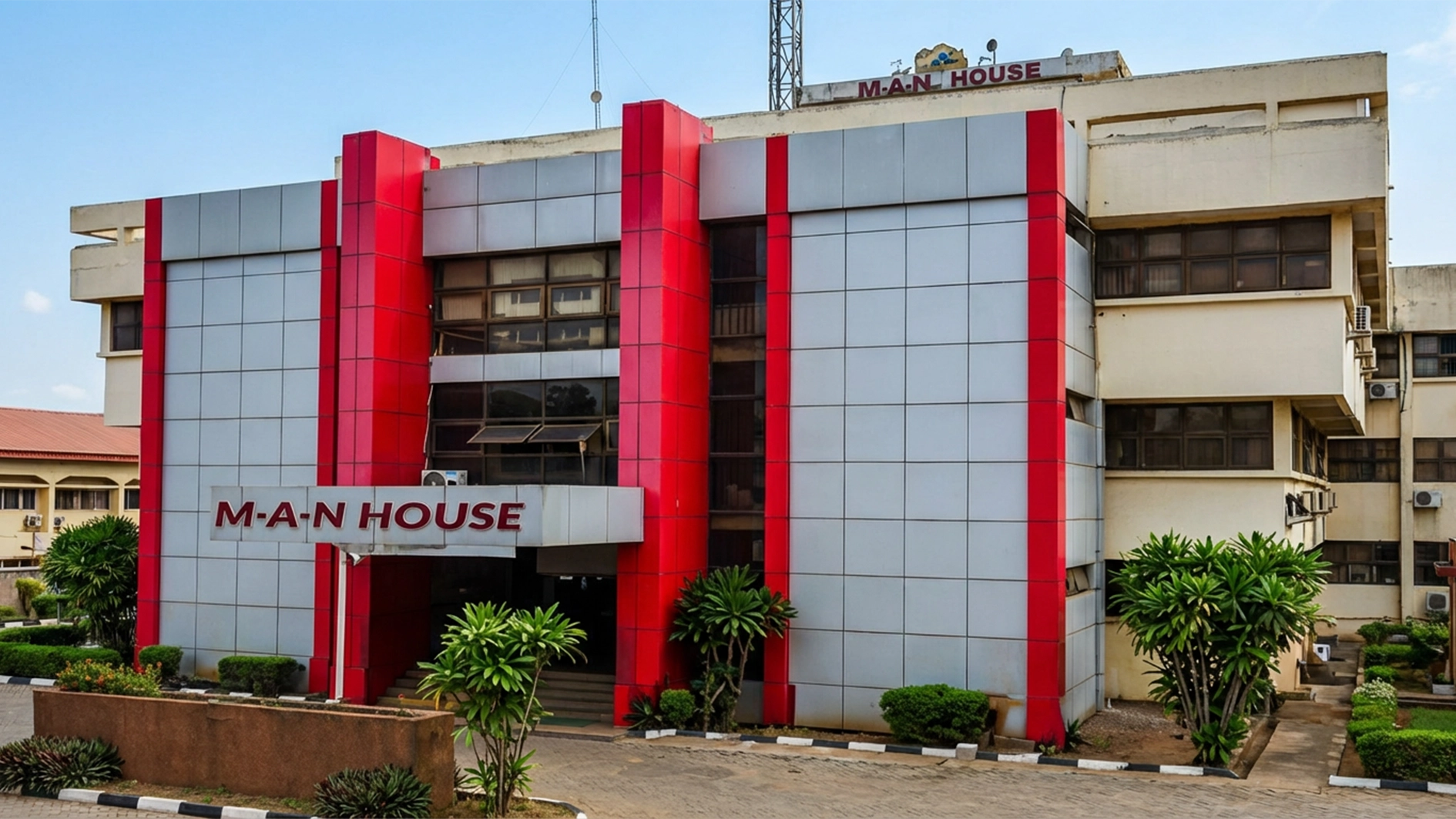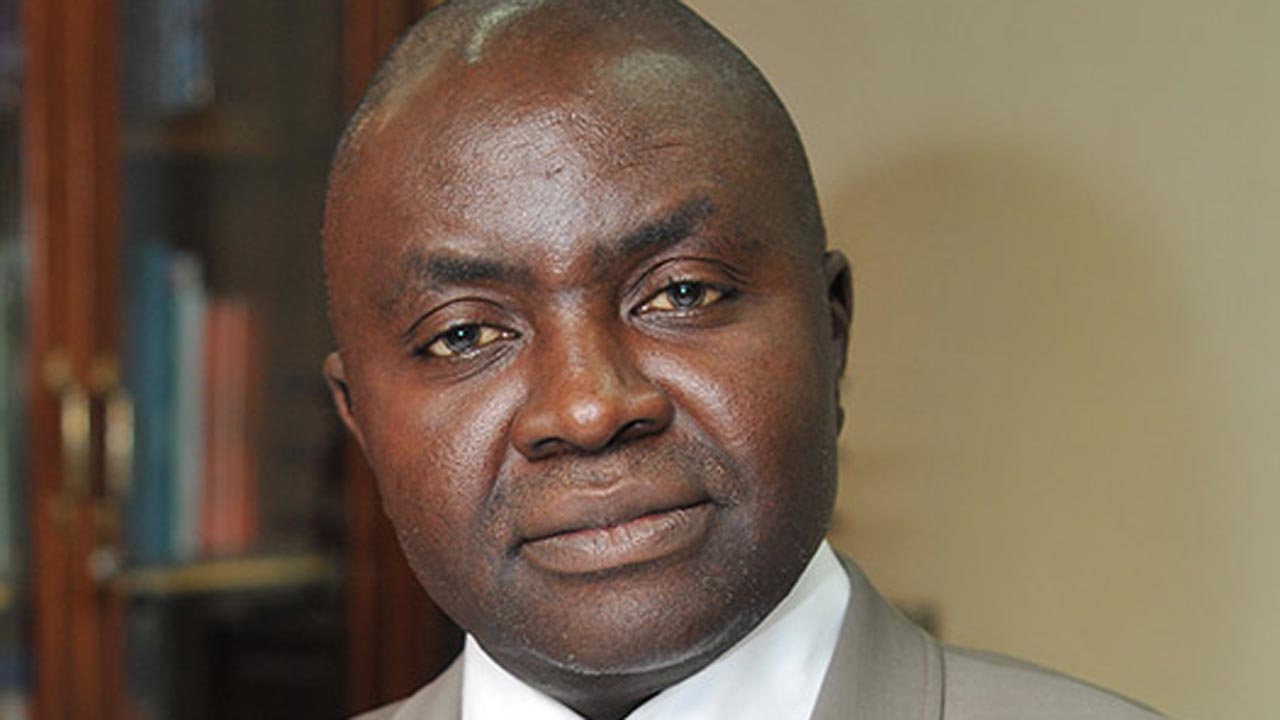Founder, Small-Scale Enterprises Lab (SSE Lab), Desola Jimmy-Eboma, has called for improved support for Nigeria’s Micro, Small and Medium Enterprises (MSMEs) to help them navigate challenges and expand into the global market.
Speaking at this year’s Manufacturing Business Accelerator (MBA) Business Shower Cohort 2 graduation and business showcase held in Lagos, and themed: Innovation, Inclusion, Impact: Redefining MSMEs in Nigeria’s economy, she said the programme was designed to equip small businesses with the knowledge, tools and mentorship needed to transform ideas into scalable, sustainable ventures.
Revealing that over 100 entrepreneurs have participated in the MBA programme since its inception, she said more than 4000 MSMEs have been supported with the tools and resources needed to grow.
Decrying the fact that local MSMEs struggle with an unmet credit demand of $32 billion, above 30 per cent inflation, declining demand, multiple taxation, and infrastructure bottlenecks, amongst other issues, she said businesses must begin to think of how to become more innovative and inclusive if they are to remain competitive.
She stressed that the programme helps MSMEs do business the right way, as many became accidental business owners. “Many were just looking for how to survive and pivoted to doing business. The COVID-19 era birthed the advancement of online shopping in Nigeria and many became ‘accidental entrepreneurs’ but never regularised the business. This programme helps existing business owners restructure, by giving them the right business model and framework that will build a sustainable, bankable and impactful business for the global market.”
Stressing that what is missing for many MSMEs is how to turn a business into a bankable one, she said, “My dream is to see MSMEs put in a place, given a true helping hand so that they can scale beyond what we have now. The reason why many MSMEs struggle is that in the early stages, they are overwhelmed with overheads and all sorts of things. If these things are taken care of for them, we would see a difference in their success and longevity,” she said.
Speaking on funding, she stressed that it is available, but many MSMEs cannot access said funds because of poor documentation and structure. Speaking on the role of MSMEs in driving innovation, inclusion and impact, head, retail and SME banking, NOVA Bank, Esther Obiekwe, regretted that even though MSMEs employ over 80 per cent of the workforce and contribute nearly half of the nation’s GDP, they are still weighed down by poor access to finance, poor infrastructure, regulatory bottlenecks and a fragmented market.
Calling for partnerships between the government, financial institutions and development partners to support the country’s MSMEs, she urged a revamping of infrastructure and logistics, capacity building and a unified taxation system for businesses that wouldn’t weigh them down.
Representing the Director-General, Small and Medium Enterprise Development Agency (SMEDAN), Charles Odii, the agency’s South-West coordinator, Olukayode Shode, hailed the initiative and its success, saying the economy needs more ideas like this that will drive MSME growth.
He said collective effort from the government, individuals and corporate bodies is needed to support MSME, adding that we must go beyond mere words and move to action to develop the MSME ecosystem.






